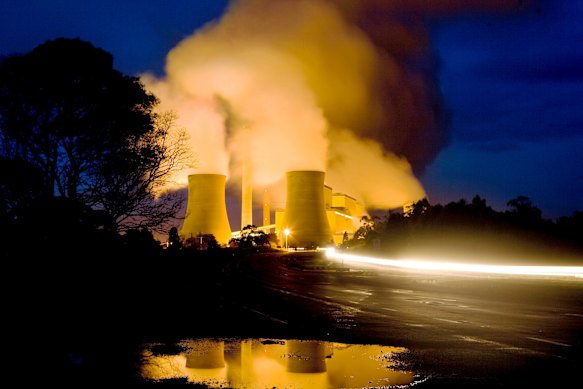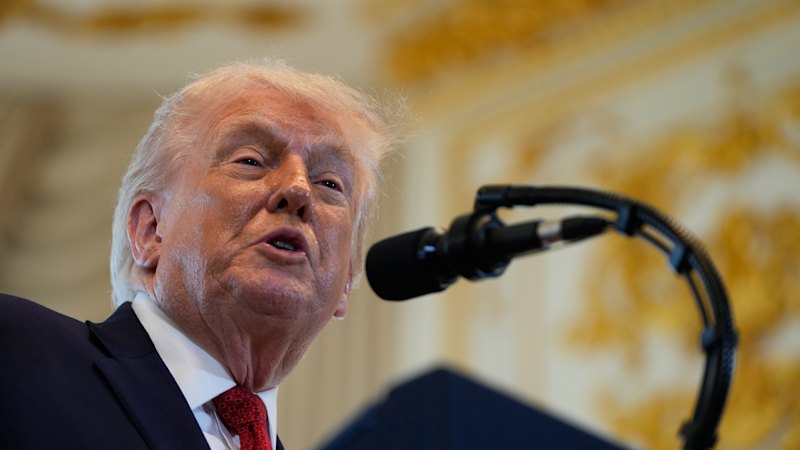
At last month’s economic reform roundtable, strong support emerged for tax reform, yet a critical issue remained largely unaddressed: the implementation of a carbon tax, often referred to by economists as “a price on carbon.” Despite the consensus among experts that such a measure is essential, it received little attention during discussions. This raises questions about the political hesitance surrounding the topic.
The reluctance to broach the subject stems from the belief held by some within the Labor Party that the 2013 election loss was primarily due to former Prime Minister Julia Gillard’s introduction of a carbon price in 2012. This controversial policy was subsequently repealed by Tony Abbott in 2014, leading to a significant shift in public sentiment against carbon pricing. Labor’s leadership, including current Prime Minister Anthony Albanese, appears to have concluded that any mention of tax modifications could jeopardize their political standing.
Rod Sims, the chair of Professor Ross Garnaut‘s Superpower Institute, recently broke this silence in a speech advocating for a carbon price. He outlined five compelling reasons why implementing such a measure is both “necessary and urgent.” Sims emphasized that without a carbon price, Australia’s existing policies will not suffice to meet its climate targets, which include a 43 percent reduction in greenhouse gas emissions by 2030 and achieving net zero emissions by 2050.
Transitioning from fossil fuels to renewable energy sources is crucial for reducing emissions. While renewable energy is increasingly cost-effective, the initial installation expenses remain high compared to the established costs of coal and gas. To address this disparity, the Albanese government introduced a “capacity investment scheme.” This initiative aims to support the commercial viability of renewable energy projects by underwriting their costs, allowing the government to select preferred applications.
Despite its intentions, this scheme carries potential drawbacks. Delays in project implementation and rising electricity costs could pose significant challenges for the Labor government, especially as they strive to fulfill ambitious climate commitments without a foundational carbon pricing strategy.
The ongoing reluctance to discuss carbon pricing reveals a broader trend within the political landscape, where policies that directly address climate change remain contentious. As the urgency of climate action increases, the implications of avoiding discussions on effective measures like a carbon price will continue to resonate within both political and public spheres. The challenge for Labor lies in balancing political realities with the pressing need for effective climate policies that can facilitate a sustainable future for Australia.







